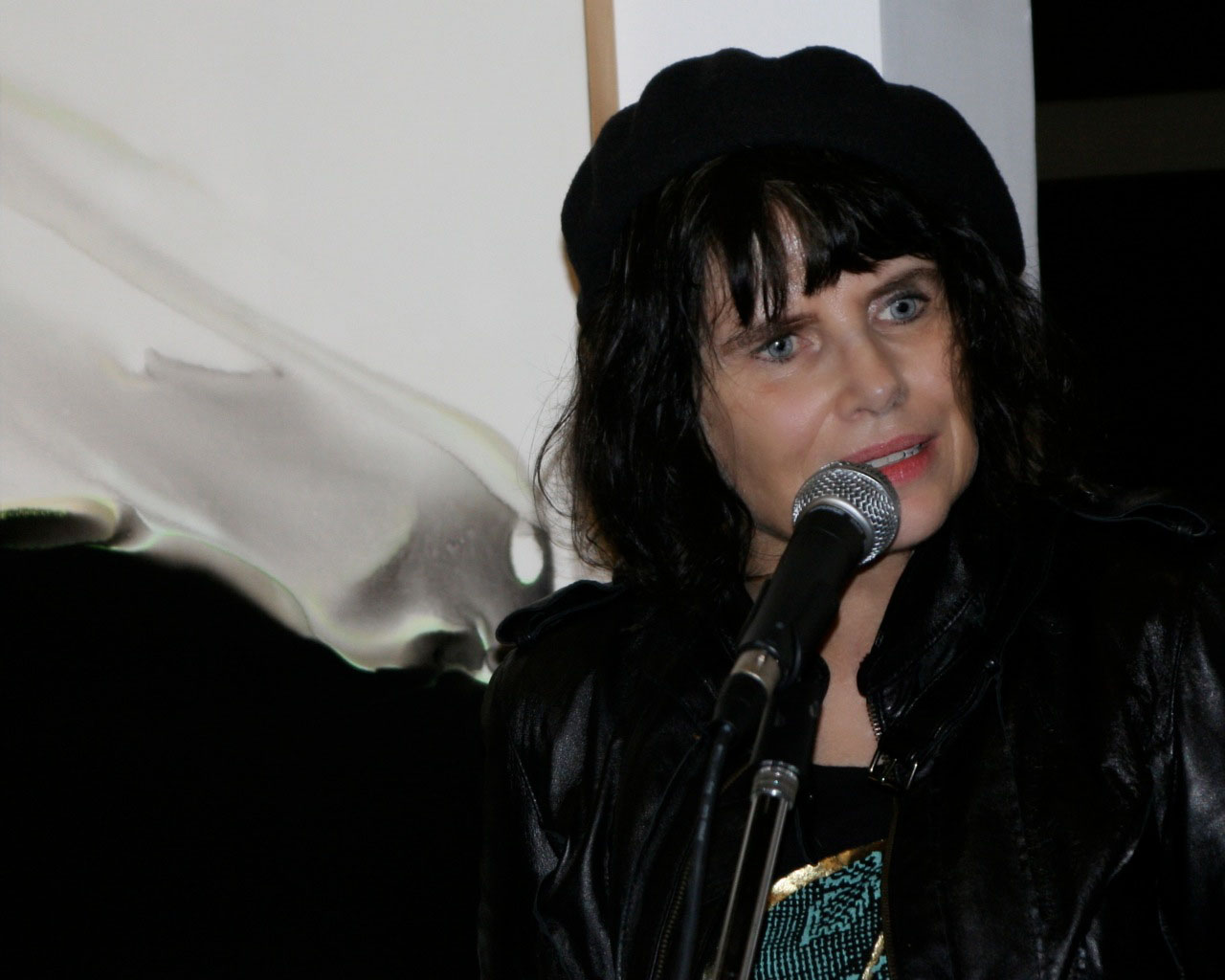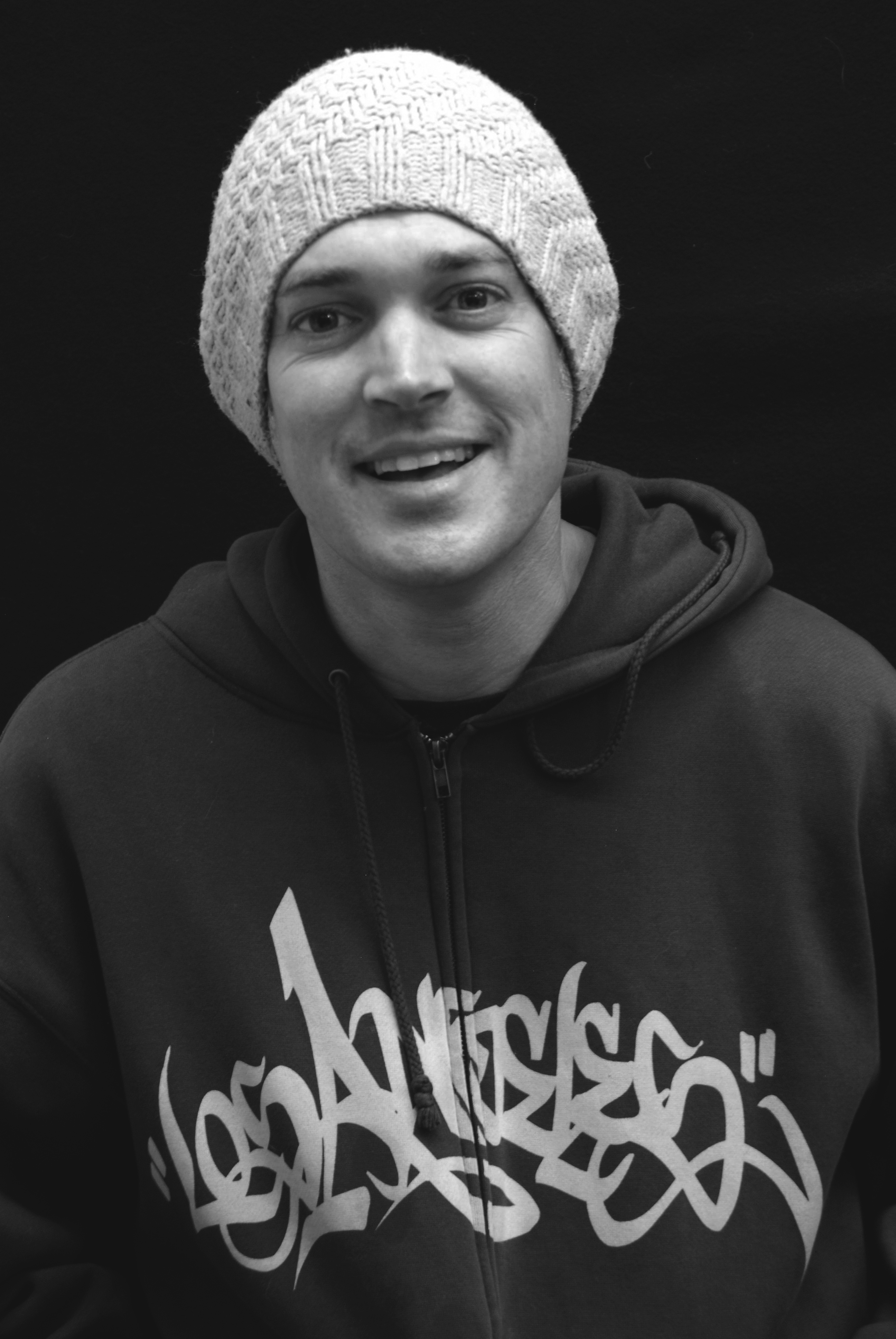Suzanne Lummis, poet and director of the Los Angeles Poetry Festival, blogs about the P&W-supported Lummis Day Festival in Los Angeles.
Now and then at a reading, you nab the whole audience. When the show is over they rush up to you, wild with joy. But other times, it's that reading where just eleven people show up, only one book is bought, and you drive home grumpy. Then much later, someone comes up to you at an event, kind of shy, and tells you how years back she'd been in a sparse audience at some now defunct café, and how that reading persuaded her to give up her career in advertising, which she despised, and become a writer instead. Now she's happy. And, you think, "Ah, so that's whom that evening was for."
 On especially felicitous occasions, you get both, the audience and the person who walks away changed. Take last year's Lummis Day for example. The kick-off poetry reading for the annual gala, also know as the Festival of Northeast Los Angeles, has never failed to please a crowd. And, it does draw a crowd—as many as can fit comfortably into the spacious garden in front of El Alisal, the name Charles Lummis gave to the idiosyncratic house he built with river rock around the turn of the nineteenth century. Eliot Sekular, a champion of Northeast Los Angeles, founded Lummis Day, naming it after my grandfather, who Southwest history buffs remember for his advocacy on behalf of Native American and Spanish California culture. So every first Sunday of June, folks drive across the city, or walk over from around the corner, always in high spirits. It is after all, not only a lively reading with a social gathering afterwards, but the beginning of a daylong party, with bands, folkloric dances, and other entertainments.
On especially felicitous occasions, you get both, the audience and the person who walks away changed. Take last year's Lummis Day for example. The kick-off poetry reading for the annual gala, also know as the Festival of Northeast Los Angeles, has never failed to please a crowd. And, it does draw a crowd—as many as can fit comfortably into the spacious garden in front of El Alisal, the name Charles Lummis gave to the idiosyncratic house he built with river rock around the turn of the nineteenth century. Eliot Sekular, a champion of Northeast Los Angeles, founded Lummis Day, naming it after my grandfather, who Southwest history buffs remember for his advocacy on behalf of Native American and Spanish California culture. So every first Sunday of June, folks drive across the city, or walk over from around the corner, always in high spirits. It is after all, not only a lively reading with a social gathering afterwards, but the beginning of a daylong party, with bands, folkloric dances, and other entertainments.
Last year, in my opening comments, I mentioned that I felt lucky that my parents had been poetry readers, and therefore I'd never in my life lived in a house that did not have poetry on the bookshelves. Steve Kowit then delighted fiesta-goers with his humor and embracing energy, followed by Mariano Zara, who read a moving personal piece, and poetry-loving actor Dale Raoul (Maxine Fortenberry in True Blood), who presented selections from Poems of the American West. While the assembled gathered in the reception area for a "noise" (Lummis disdained the term "salon" and was bored by "party"), a fellow approached me with a title he'd just purchased from the book table, Poems of the American West. He was beaming. "Could I please write 'For Alfredo?'" I asked him to tell me a little about himself so I could personalize the dedication. "Oh, it's for him," he said, and pointed to a stroller holding a boy of about two. Then his wife appeared by his side. And I was, well... I don't want to get sentimental. The English have a word for it—I was chuffed. This little boy would grow up in a house with poetry... it's not everything, but it seems to have the makings of a promising start.
Photo: Suzanne Lummis. Credit: Penelope Torribio.
Major support for Readings/Workshops in California is provided by The James Irvine Foundation. Additional support comes from Friends of Poets & Writers.






 On especially felicitous occasions, you get both, the audience and the person who walks away changed. Take last year's
On especially felicitous occasions, you get both, the audience and the person who walks away changed. Take last year's